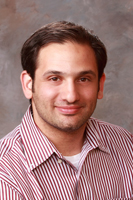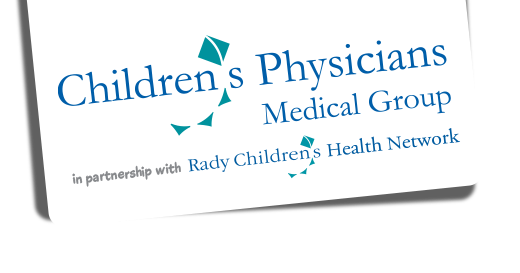
A few months ago, the father of one of my best friends was diagnosed with cancer. He had to have surgery to remove the tumor. His father, being someone I’d known since childhood was like an uncle to me. After the surgery, I sat across from him in an otherwise empty hospital room on a sunny day in beautiful San Diego. It was the first time I had seen him in a while, and he looked surprisingly calm for just having had a major surgery. He told me the story of his diagnosis and how he was first seen by a doctor who told him he had cancer but seemed rather cold and detached otherwise. This made him feel uncomfortable, and so he went for a second opinion. Upon entering the examination room, the second physician said, “I’m here to answer every question you have, and I’m not leaving until I do that.” My friend’s father told me, “I knew at that moment that he was going to be my doctor.”
Life is so delicate. It seems to pass by before we can recall how precious it really is. This July marks five years since I completed my residency, becoming a full-fledged pediatrician. This means that twelve years ago, a younger version of me took the first steps on a course I could never have imagined when I entered medical school.
Along this journey to becoming a physician, I have spent so much time studying the minutiae of the field. I recall the long nights of learning about mitochondria, the kreb cycle, and dissecting the human body. At some point, I even learned all the names of every bone of the wrist (although all I ever seem to remember is hook of hamate). I studied the side effects of medicines I have never seen used in my life. Mostly, I spent a myriad of hours being apprehensive about an upcoming exam or a future question on rounds from the attending physician. Medicine is serious business and attention to detail is paramount, so the process of becoming a physician is a scrutinous one.
Nevertheless, the value of countless hours spent in the quest for the acquisition of the science behind medicine is diminished if the physician is unable to show benevolence. A friend of mine was at my house one afternoon watching television. “I was just diagnosed with hypertension,” he said. He appeared visibly distressed by this and then looked me in the eye and said, “You know, I just want my doctor to care… it just seems like he doesn’t.” A patient should never have to feel that way.
When it comes down to it, patients are usually unaware whether I know the name of every wrist bone, but they can discern if the physician in front of them approaches them with a concerned heart. The first twelve years of this expedition have taught me so much at so many levels. One thing that I have learned is that I am just as fragile as my patients. There have been times where I have been sick, tired from long work hours, hurt by people I thought were close to me, or simply needed a helping hand. My own personal life is a reminder for the necessity of compassion and the importance of building bridges with patients.
When I was a young child I would venture out into the backyard with a baseball and a glove. I would broadcast a World Series game in my head where I was the starting pitcher. Even though I was just throwing the ball against a brick wall, in my heart I won the World Series every day. I’m almost 34 years old, and I still haven’t won the World Series (neither have the Padres). However, every time I see a young child in my practice rambling on about some impossible childhood dream, I am reminded of myself in the backyard. I was once that child, and I now participate in the care of children in those most essential moments of life. We are all only as human as those moments. They are an attestation that when I enter a room to see a child I do not only enter as Dr. Bailony, but rather as kid who won the World Series in his backyard.
To read more of my blogs, click HERE.








Leave a Reply